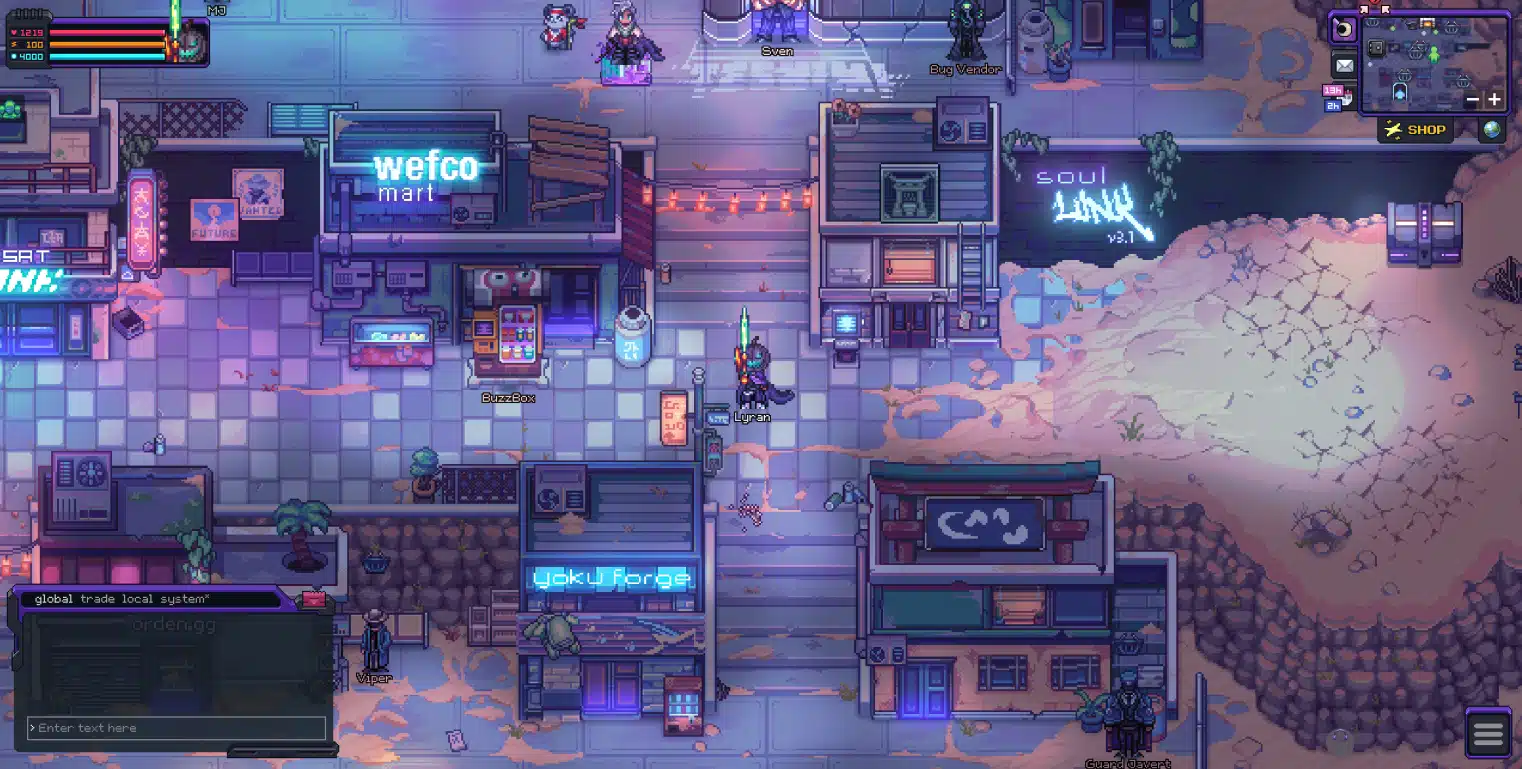Are you craving RPGs with the best character progression? Games where every level, skill point, and class choice feels meaningful? In 2025, role-playing games across PC, console, and even browser are delivering some of the top RPG games experiences when it comes to character development. Whether it’s an expansive skill tree, evolving classes, or unique leveling systems, the following 15 RPGs stand out for their outstanding progression systems. From immortal MMORPG classics to single-player epics and indie favorites, these titles keep players hooked with immersive leveling, class evolution, and rewarding skill trees. Read on to see which games make the cut and why their progression systems shine in 2025.
1. Persona 5 Royal (Console/PC JRPG)
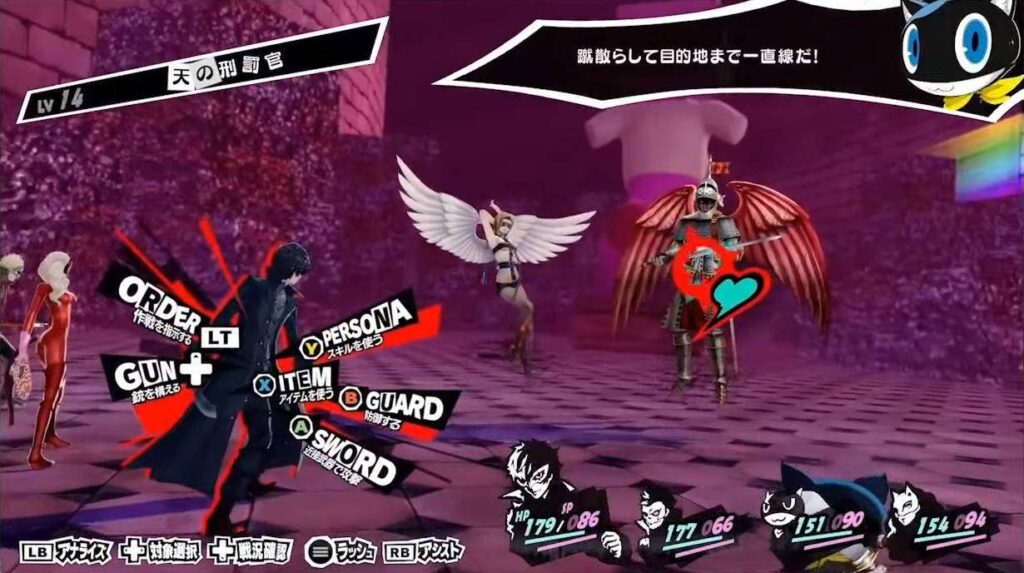
Why Play: Persona 5 Royal is one of the RPGs with the best character progression, offering more than traditional level grinding, it ties character growth to an engaging social system. As the leader of the Phantom Thieves, you not only level up in dungeons but also improve through “Confidant” relationships, which unlock new abilities and passive perks. The game’s Persona fusion mechanic lets you evolve and merge creature allies (Personas) into stronger forms, embodying a deep character development in RPGs that blends combat and story. Persona 5 Royal’s progression balances traditional leveling with narrative-driven growth, making every in-game day a chance to become more powerful.
Key Features: Turn-based leveling; Persona fusion system; Confidant social links unlocking passive boosts. Estimated Engagement (2025): Over 7.2 million copies sold; thriving multi-platform community.
2. The Witcher 3: Wild Hunt (PC/Console Action RPG)
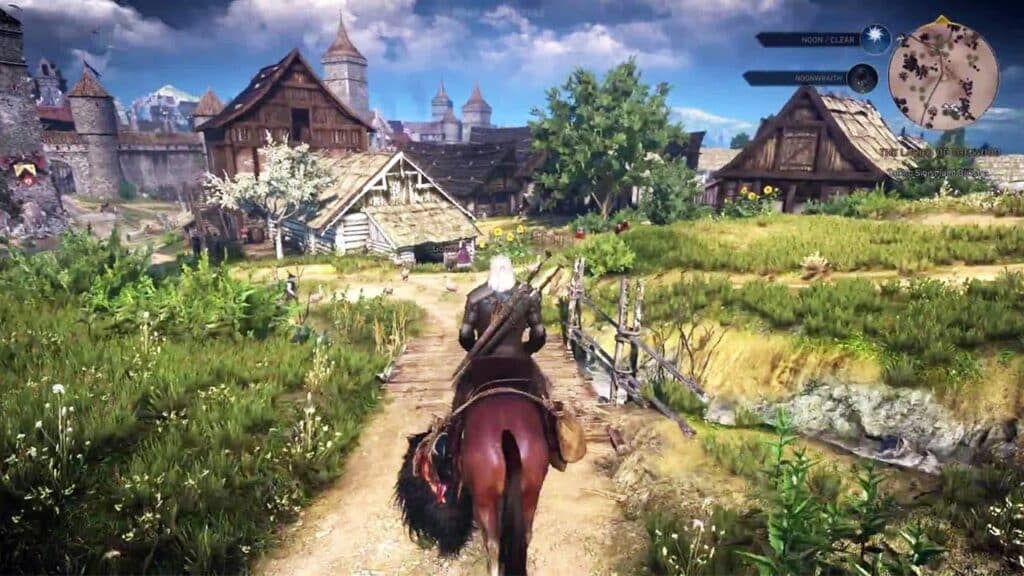
Why Play: The Witcher 3 stands out as one of the RPGs with the best character progression, pairing its celebrated narrative with deeply rewarding growth systems. As Geralt of Rivia, you allocate ability points into combat techniques, magic Signs, or alchemy, each level-up feeling truly meaningful. You might sharpen your sword strikes, brew more potent potions, or set devastating Yrden traps. The Blood and Wine expansion even introduces a Mutation system for powerful late-game abilities, pushing progression further. Beyond skills, advancement ties into exploration: hunting beasts earns mutagens and crafting diagrams for legendary Witcher gear sets. By the finale, Geralt feels like the ultimate, beefed-up monster slayer.
Key Features: Versatile skill branches; tiered Witcher gear; expansion Mutation system.
Estimated Engagement (2025): 50+ million copies sold; renewed interest after Next‑Gen update.
3. Soulbound (Browser MMO)
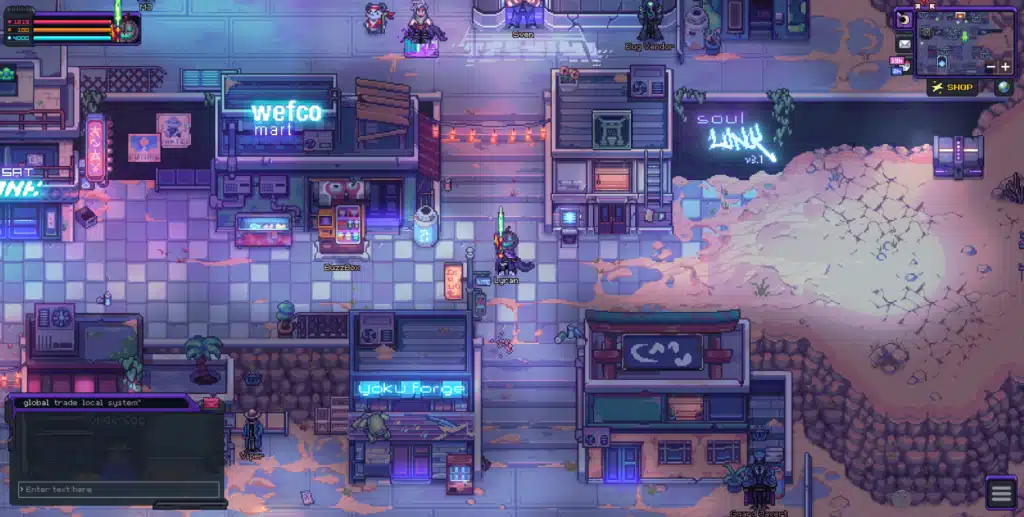
Why Play: Soulbound breaks the mold of traditional MMOs by blending classless, use-based skill progression with a gear-centric power curve, all wrapped in a retro-inspired, pixel-art Dreamscape. Unlike games that lock you into a predefined class, Soulbound gives you 14 unique skills: divided into Combat, Gathering, and Artisanal, that level up as you use them, letting you define your own role on the fly. Coupled with a strong player-driven economy and permanent gear and ability upgrades, every decision: from planting crops to extracting from a deadly dungeon, it basically shapes your character’s growth. Whether you’re a solo explorer or part of a four-player raid team, Soulbound’s high-stakes extraction dungeons, community events, and ongoing content drops ensure there’s always a new way to evolve your Pioneer.
Key Features: 14 use-level skills across combat, gathering, and crafting; permanent gear upgrades; co-op raids.
Estimated Engagement (2025): vibrant Discord community; regular patches.
4. Divinity: Original Sin II (PC/Console CRPG)
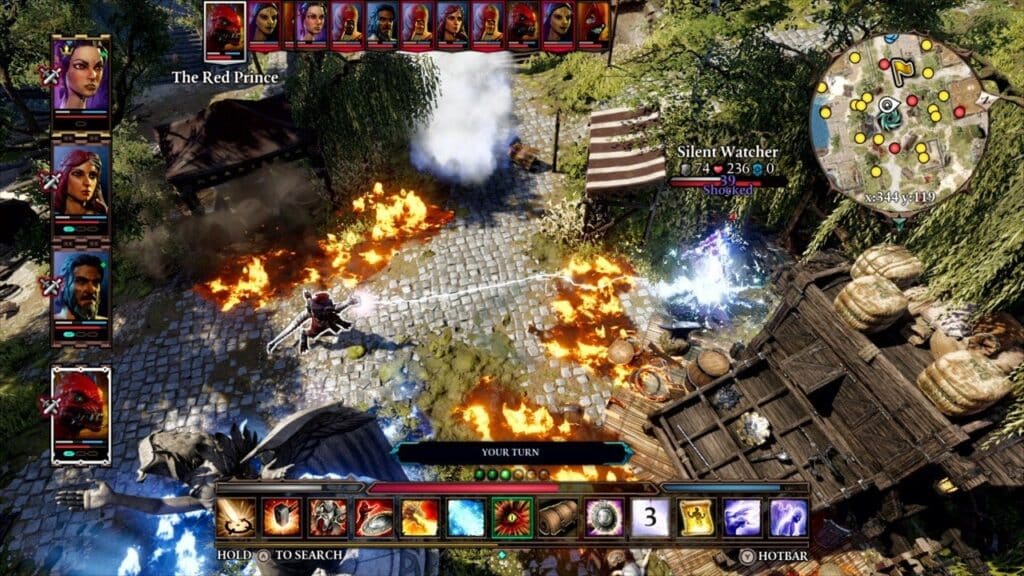
Why Play: Divinity: Original Sin 2 is one of the RPGs with the best character progression, giving you absolute freedom in shaping your heroes. Rather than forcing you into rigid classes, its classless system lets you allocate attribute points and pick skills from any school of magic or combat. Want to create a battle-mage who wields a sword and casts necromancy spells? Go for it. Each level unlocks new skill tiers, and you can even combine elemental abilities for devastating synergies. Progression isn’t just about stats, it’s also about the choices you make. Special “Source powers” are earned through quests, weaving character growth directly into the story. By the end, your party becomes an unstoppable force tailored exactly to your playstyle, showcasing why Original Sin 2 is so often praised for its progression systems.
Key Features: Custom attribute allocation; skill synergy & crafting; Talents that shape playstyle.
Estimated Engagement (2025): Multi‑million sales; active mod scene boosted by BG3’s success.
5. Guild Wars 2 (PC MMORPG)
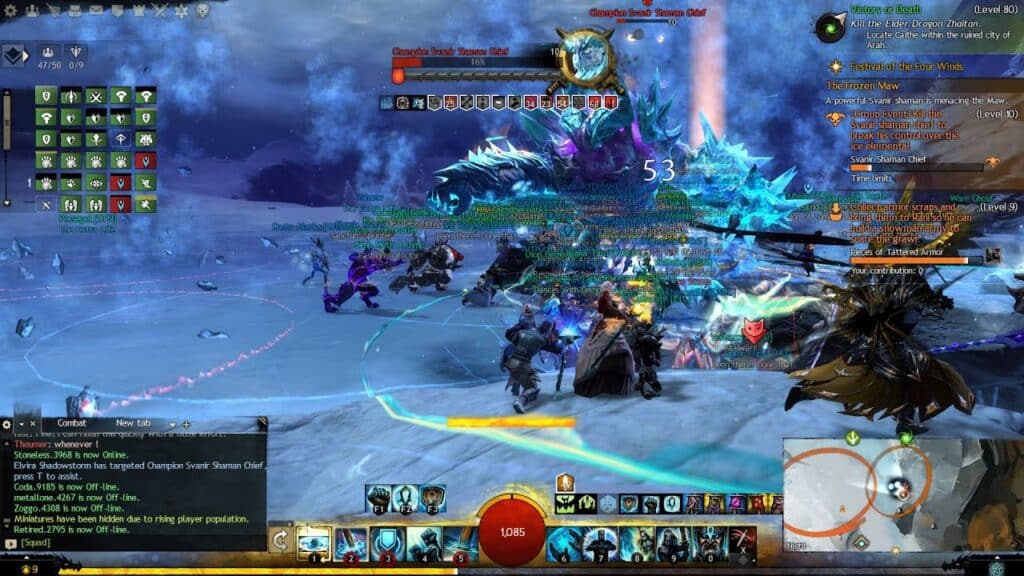
Why Play: ArenaNet’s flagship MMORPG flips the script on traditional MMO progression. In Guild Wars 2, you’ll reach the level cap of 80, but the progression doesn’t stop there. The game emphasizes horizontal progression. Once at max level, you continue to develop your character through the Mastery system (account-wide abilities like gliding, mount skills, crafting perks) and Elite Specializations that essentially act as new subclasses for your profession. Leveling itself is fast and can be done through any content (quests, world events, PvP) thanks to scaling, and the game famously has no gear treadmill. Top gear is easily attainable, so progression is more about playstyle customization than raw stats. The sense of progression comes from unlocking new ways to experience the game (like riding a griffon or skyscale dragon mount after a long questline) and evolving your class with each expansion. Guild Wars 2’s approach means you’re never “left behind” – you can always jump in and work on meaningful goals without grinding levels for months.
Key Features: Account‑wide Mastery trees; Elite Specs for fresh builds; no gear treadmill.
Estimated Engagement (2025): 16+ million accounts; new expansions keep Mastery goals fresh.
6. Warframe (PC/Console Online Action RPG)
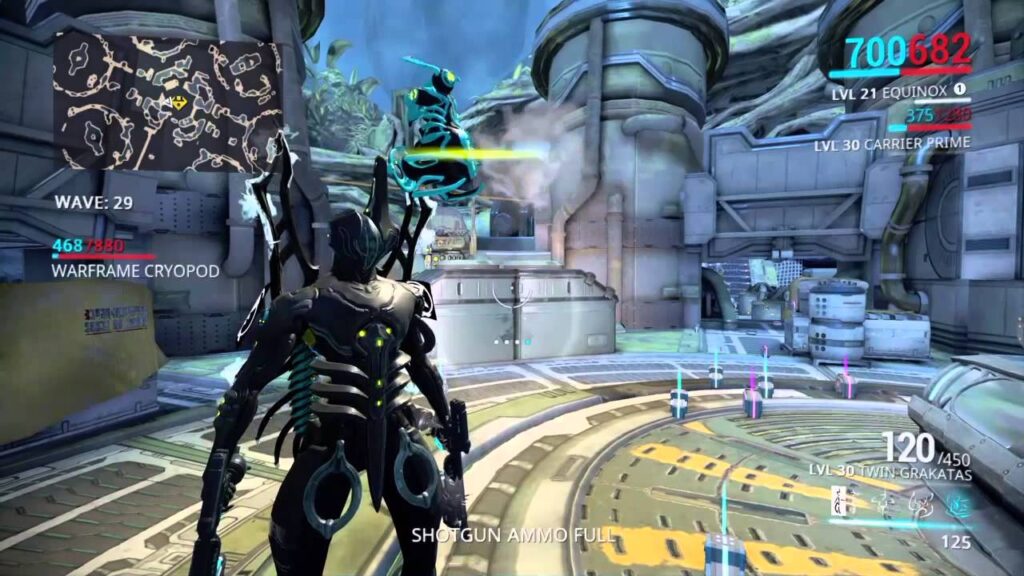
Why Play: Warframe is one of the RPGs with the best character progression, often billed as a “loot shooter,” but beneath the high-octane action lies a deeply rewarding growth loop. As a Tenno piloting biomechanical suits called Warframes, you unlock over 50 unique frames, each with its own playstyle. Your Warframes and weapons level up (to 30) through use, then you fine-tune them with Mods, upgrade cards that boost damage, abilities, and more. Mastery Rank grows as you max equipment, unlocking fresh gear and content. The star chart’s planets act as a gauntlet of escalating difficulty, matched by your rising power. With ongoing additions like Necramechs, The New War quest, Forma prestige resets, Focus Schools, and Intrinsics, Warframe’s progression stays endlessly engaging.
Key Features: Modular Mods; Warframe & weapon prestige (Forma); focus schools and Intrinsics. Estimated Engagement (2025): 70+ million registered players; 10+ years of constant updates.
7. Old School RuneScape (Browser/Mobile/PC MMORPG)
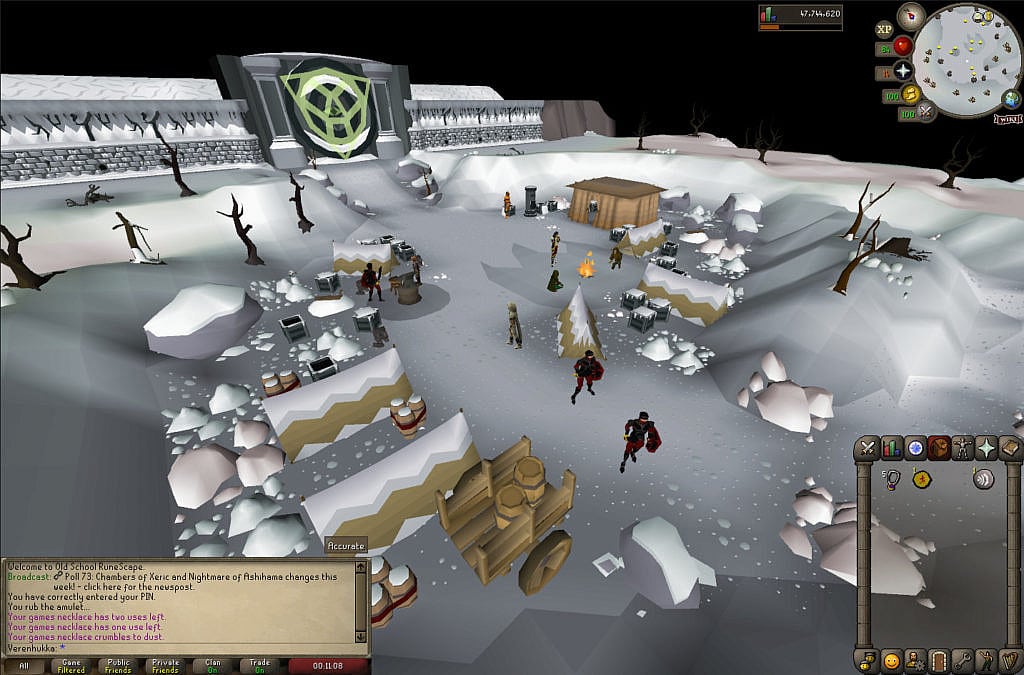
Why Play: Old School RuneScape is one of the RPGs with the best character progression, offering a pure, grind-driven evolution that harkens back to the earliest MMORPGs. There’s no strict main storyline; you set your own goals and level skills at your own pace across 23 distinct areas, from combat (Attack, Magic) to artisan (Smithing, Herblore) and gathering (Fishing, Woodcutting). Each skill caps at level 99, and hitting “99” is a monumental achievement that lets you don the coveted skillcape. Progression here is meaningful because it’s genuinely hard-earned: climbing through the 90+ tiers can take days, and every level unlocks new content; tougher bosses, quest requirements, and superior craftable items. Leveling Slayer grants access to elite monsters; Agility boosts your traversal with world-spanning shortcuts. For players who thrive on satisfying skill trees and incremental milestones, Old School RuneScape delivers an immensely rewarding journey of growth.
Key Features: Skill caps at 99; skillcapes prestige; player‑voted polls add new content.
Estimated Engagement (2025): Peaks of 170k concurrent; mobile+PC cross‑play; tens of thousands daily.
8. Diablo IV (PC/Console Action RPG)
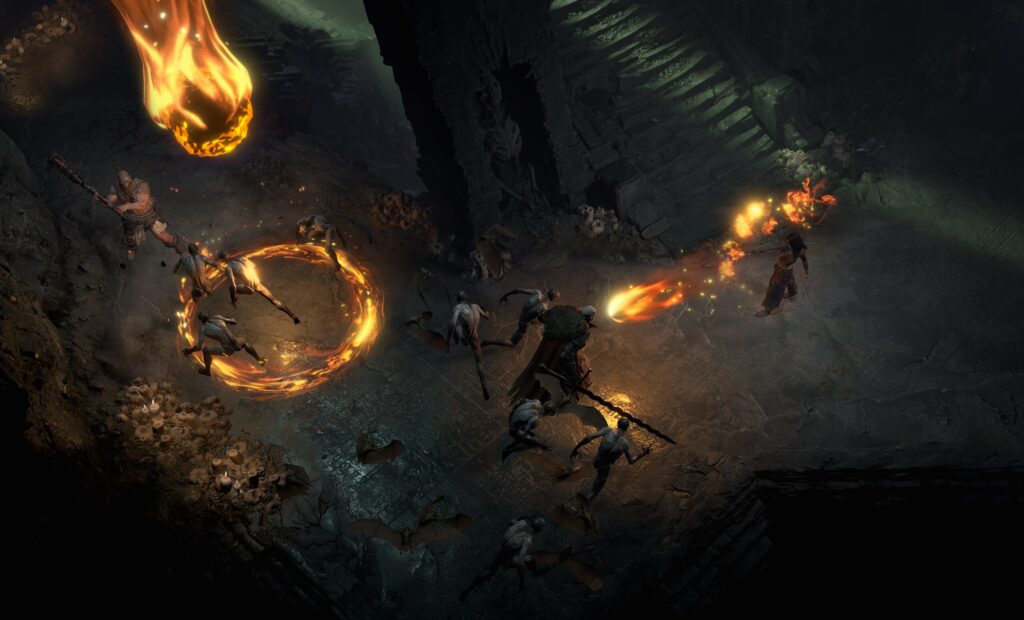
Why Play: Diablo IV is one of the RPGs with the best character progression, refining the series’ addictive leveling and looting for modern gamers. Character growth is driven by a meaningful skill tree. Each level awards points you can invest across your class’s branches, steadily unlocking and enhancing new attacks and spells. Mid-game introduces the Paragon Board, an endgame system that keeps progression alive past the level cap: earn Paragon points to activate nodes for incremental stat boosts or unique effects. Itemization remains a cornerstone; dungeon crawls and world events continually reward you with gear upgrades, while Legendary and Unique items can fundamentally reshape your build (for instance, a Unique Helm might make your sorcerer’s fireball also freeze foes). From level 1 rookie to level 100 powerhouse, Diablo IV scratches that “just one more level” itch with a smooth, deeply satisfying advancement loop.
Key Features: Personalized skill trees; Renown unlocks additional skill points; Aspect crafting.
Estimated Engagement (2025): 10+ million players in launch month; ongoing seasons and Battle Pass.
9. Elden Ring (PC/Console Action RPG)
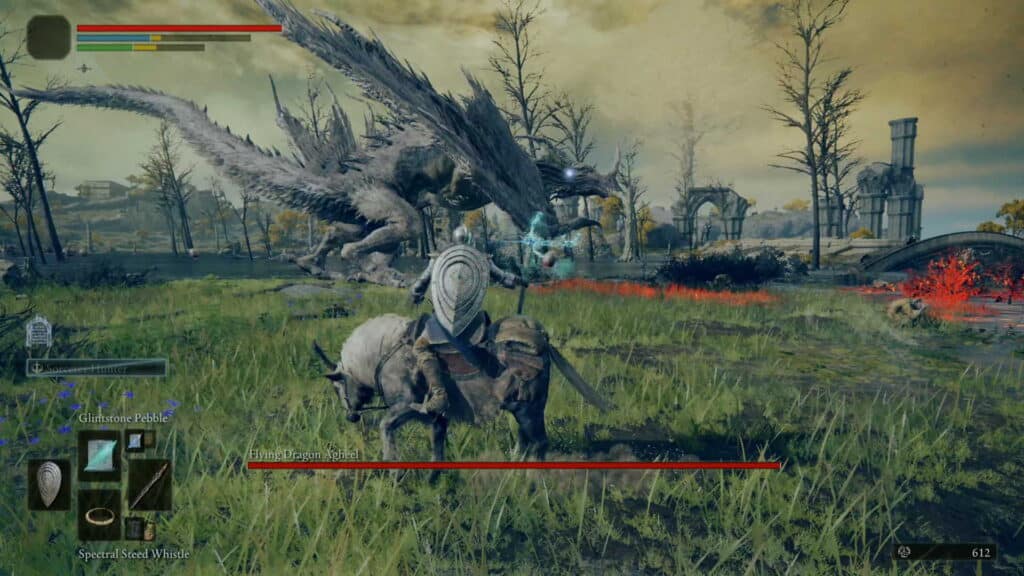
Why Play: While Elden Ring is known for its massive open world and challenging combat, it also excels in giving players a strong sense of character progression and build freedom. At the outset, you choose a starting class, which defines your initial stats and gear, but as in other Souls games, this doesn’t lock you in. Basically, you can develop your character in any direction. Want your Vagabond (knight) to learn sorceries, or your Astrologer (mage) to wield a greatsword? Go for it. Progression comes through collecting Runes (the game’s XP and currency) by defeating enemies, then spending them to level up any attribute you prefer (Strength, Intelligence, etc.). As you specialize, you meet requirements for powerful weapons and spells scattered throughout the world. Elden Ring’s progression shines in how it ties to exploration: finding a hidden cave may reward you with a new weapon or ash of war (skill) that opens up a whole new build possibility. The introduction of Ashes of War allows you to modify weapon skills, effectively a form of progression where you customize and improve your armaments. And let’s not forget Spirit Ashes; collectible summonable spirits you can upgrade to assist in battle, adding another layer of character development as you decide which spirits to invest resources in. By endgame, your character feels immensely more capable than at the start, having gone from struggling against a Soldier of Godrick to trading blows with demi-gods.
Key Features: Attribute flexibility; weapon upgrades and rescaling; summon spirit progression.
Estimated Engagement (2025): 20+ million copies sold; expansion announced, co-op/PvP remains vibrant.
10. Baldur’s Gate 3 (PC/Console CRPG)
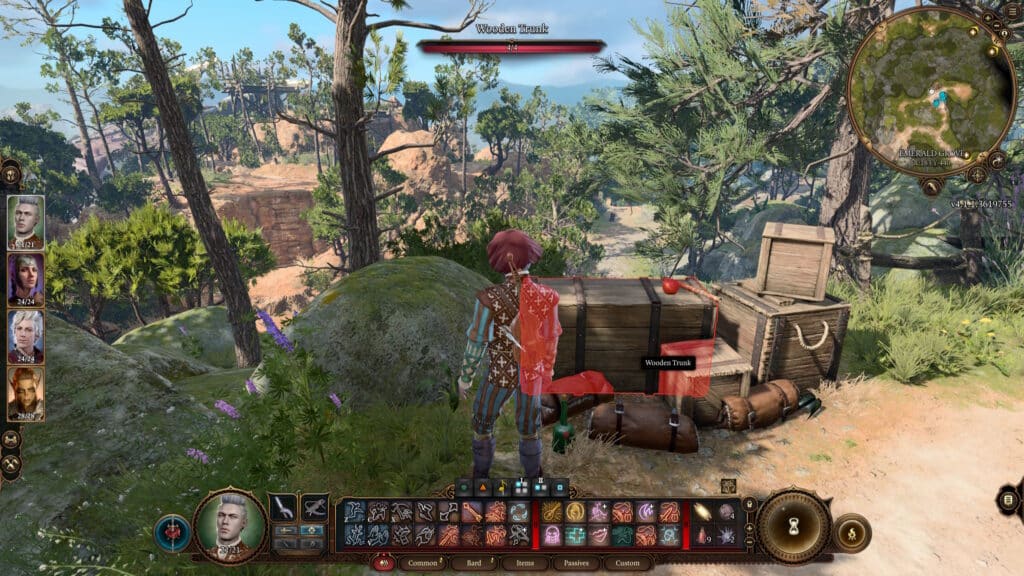
Why Play: Baldur’s Gate 3 is one of the RPGs with the best character progression, bringing pen-and-paper D&D growth to life in a video game. Built on the Dungeons & Dragons 5th Edition ruleset, you start as a level 1 adventurer and can climb to level 12 by the game’s end; each level unlocks substantial new capabilities. You might gain a subclass feature, learn high-level spells like Fireball or Dimension Door, or earn an extra Attack if you’re a martial class. Multi-classing lets you mix paths at level-up; imagine a Rogue 4 / Fighter 8 for stealthy strength, or blending Wizard and Cleric for both arcane and divine power. Progression also weaves into story choices: embracing the illithid tadpole grants unique psychic abilities, creating a parallel advancement track alongside standard leveling. By faithfully adapting D&D’s milestone-driven growth; where a level 5 party often outmatches a level 4 party by leaps and bounds. Baldur’s Gate 3 delivers a cadence of progression that feels both earned and heroic as you journey through its acts.
Key Features: Class & subclass features by level; Feats vs. Ability Score choices; companion progression. Estimated Engagement (2025): 10+ million copies sold; steady player base across PC, PS5, Xbox.
11. The Elder Scrolls V: Skyrim (PC/Console Open-World RPG)
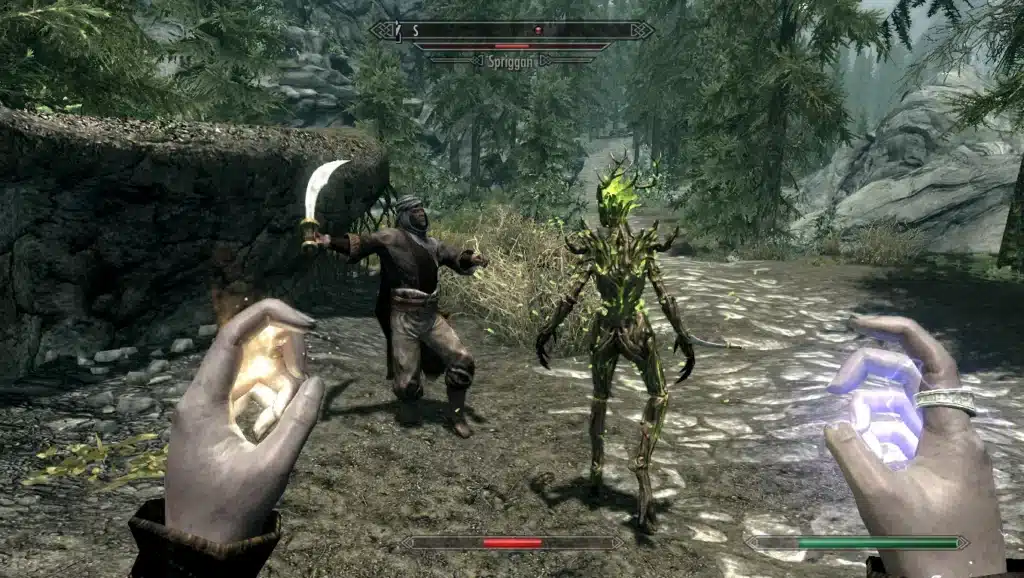
Why Play: Skyrim is one of the RPGs with the best character progression, thanks to its unique use-based skill system. Rather than choosing a class at the start, you improve skills by using them: swinging swords levels your One-Handed skill, crafting potions levels Alchemy, picking locks levels Lockpicking. Each skill increase contributes to your overall character level, and when you level up you choose a perk from one of the skill trees and boost Magicka, Health, or Stamina. The result is an incredibly flexible progression system where you effectively create your own class through play. You might start focusing on melee, then later train in magic, without any restrictions. A dedicated player can even level all skills to 100 and unlock most perks, essentially becoming a master of all trades. Even if you don’t go that far, Skyrim makes progression fun in every moment. Every dungeon cleared or dragon slain tangibly boosts your prowess, and you feel the difference as previously fearsome enemies become manageable. The expansions Dawnguard and Dragonborn add progression avenues like new skill trees such as Lycanthropy and Vampirism perks, plus a higher level cap with legendary skills.
Key Features: 18 skills improve by use; legendary skill prestige; Shout words unlockable by exploration. Estimated Engagement (2025): 60+ million copies sold; Anniversary Edition & mods keep it fresh.
12. Final Fantasy XIV (PC/Console MMORPG)
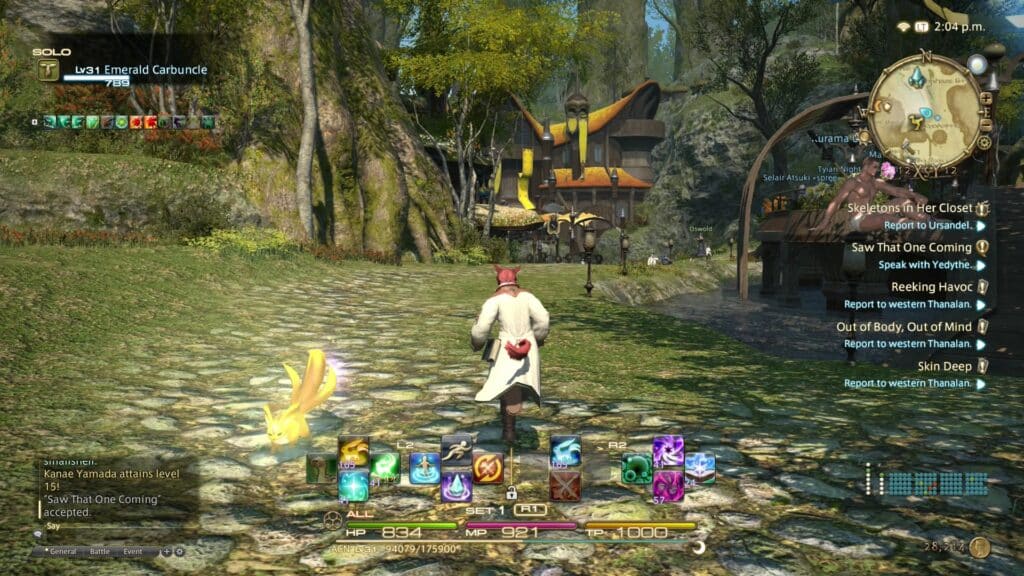
Why Play: Final Fantasy XIV is one of the RPGs with the best character progression, thanks to its “one character, every job” design. Your avatar advances vertically by leveling up a combat job, such as Warrior or Black Mage, from 1 to the current cap (90 in Endwalker, soon 100 in Dawntrail). You can switch to a new job at any time and begin its progression without creating an alt. This dual breadth and depth progression lets you unlock signature abilities at milestone levels, like Dragoon’s Jump early on or Stardiver later, and White Mage’s Holy at high tiers. Amassing every job, mount, and achievement feels truly monumental. Beyond combat, the Disciples of Hand and Land crafting and gathering classes each have their own skill rotations and levels, turning a Carpenter or Miner into a progression journey as rich as any battle role. With a new expansion every two years adding jobs and raising the cap, FFXIV’s cycle of growth never stalls. Best of all, your leveling is woven into the Main Scenario Quest, widely hailed as one of the finest MMO narratives, so advancing your character always drives you deeper into the story.
Key Features: Multi‑job on one character; job‑specific action unlocks; Materia meld and tomestone gear. Estimated Engagement (2025): 30+ million registered players; Dawntrail expansion raises cap to 100.
13. World of Warcraft (PC MMORPG)
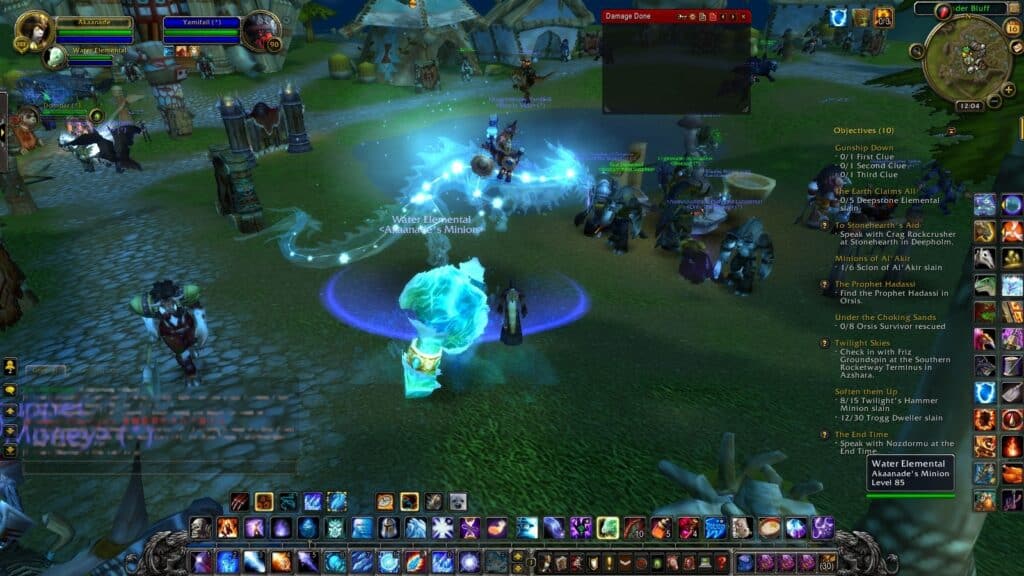
Why Play: World of Warcraft (WoW) is the titan of MMORPGs, and over its nearly two-decade lifespan, it has continuously evolved its character progression systems to keep players hooked. At its core, WoW offers the traditional satisfying loop of leveling up from 1 to the current cap (which as of the Dragonflight expansion is level 70) with new abilities unlocking periodically, then embarking on the gear grind at endgame to further empower your character. But beyond that, WoW has introduced layers of progression with each expansion. For example, recent expansions have featured talent revamps (Dragonflight brought back a deep talent tree system), artifact weapons or legendary items that you level up, and diverse endgame progression paths like Covenants in Shadowlands or the Renown system in Dragonflight. One of WoW’s strengths is the sheer diversity of classes and specializations: 12 classes each with 2-4 specializations means very different playstyles and progression experiences. Leveling a new character in WoW even allows you to choose any expansion’s storyline (via Chromie Time), giving a flexible path to level cap. At endgame, the pursuit of higher item level gear through Mythic+ dungeons, raids, or PvP is a never-ending progression for competitive players. WoW also has Professions that now feature their own specialization trees (as of Dragonflight). Basically, you can become a master armorsmith or potion brewer through practice and dedication, a nice parallel progression to combat skills. Ultimately, World of Warcraft provides a smorgasbord of progression: whether you love dinging new levels, optimizing talents, collecting powerful gear sets, or even leveling via pet battles, WoW has it all.
Key Features: Two-tier talent trees; Mythic+ gear tiers; Renown and Covenant systems.
Estimated Engagement (2025): ~7.25 million subscribers; Classic servers add nostalgia-driven progression.
14. Path of Exile (PC/Console ARPG)
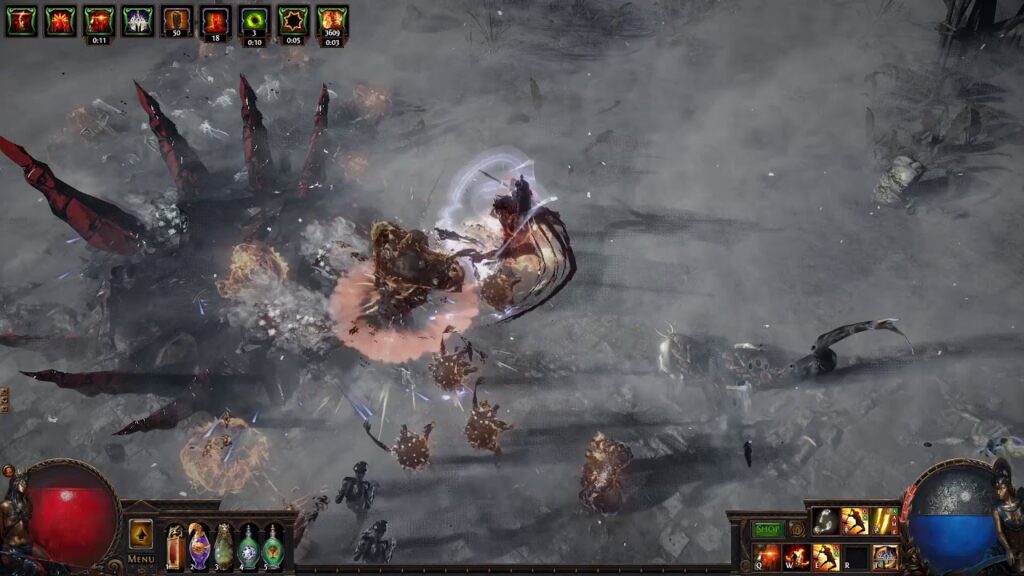
Why Play: If “deep character progression” had a poster child, it would be Path of Exile. Grinding Gear Games’ free-to-play action RPG is famous (perhaps notorious) for its gigantic passive skill tree: a web of 1,325+ nodes that all characters share. Each time you level up or complete certain quests, you earn a skill point to invest in this passive tree, allowing you to incrementally boost stats and acquire specialized bonuses. Importantly, every class in PoE starts at a different position on this massive skill grid, effectively nudging you toward traditional archetypes, but you can path anywhere. This means a Marauder (strength class) could wander into the Shadow (dex/int) section of the tree to pick up some spell damage nodes if you really wanted – the freedom is unparalleled. On top of that, PoE’s active skills are itemized as gems that you socket into your gear. These skill gems level up as you kill monsters, and can be linked with support gems to modify their behavior (for instance, linking a Fireball gem with multiple projectiles support causes you to shoot several fireballs). The result is a staggering number of possible builds; progression in PoE is about honing a build idea, leveling up to access key passive nodes and gem levels, and constantly adjusting your equipment to amplify your chosen strategy. The game offers Ascendancy classes as well, a kind of subclass you unlock in the campaign through Trials and the Lord’s Labyrinth; each base class has 3 Ascendancy options (except the Scion, who has one), which grant powerful unique passives that define your build’s specialization. And unlike many ARPGs, Path of Exile has no real level cap for practical purposes (it’s 100, but reaching 100 is a long-term goal few attain; most builds “complete” in the 90s). This all adds up to an ARPG where the journey of progression truly never ends. Basically, there’s always another skill to tweak, another level to gain, another piece of gear to optimize. It’s complex and immensely rewarding for players who love to tinker and min-max.
Key Features: Massive shared passive tree; active skill gems & supports; Labyrinth Ascendancy rewards. Estimated Engagement (2025): Quarterly leagues draw 100k+ peaks; PoE2 early access expands progression.
15. Cyberpunk 2077 (PC/Console Action RPG)
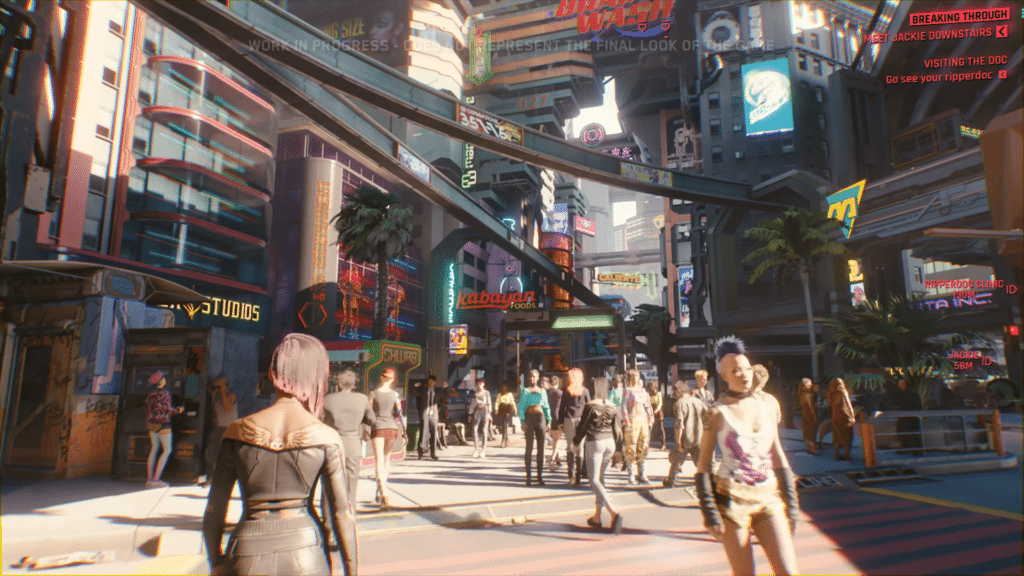
Why Play: After an initially tumultuous launch, Cyberpunk 2077 has matured into a benchmark for deep, hybrid open-world RPG progression. Thanks to major patches (notably Update 2.0), the Phantom Liberty expansion, and ongoing quality-of-life improvements, CD Projekt RED has transformed Night City into a playground for build-crazy players. Whether you want to break in through a roof with a monowire katana, melt robots with high-end quickhacks, or command respect with a fully upgraded cyberarm, Cyberpunk 2077’s systems reward both experimentation and long-term planning.
Key Features: 5 attribute categories; perk trees with tiers; upgradeable cyberware and weapon mod slots.
Estimated Engagement (2025): 25+ million copies sold; Phantom Liberty DLC spike; active mod scene.
Level Up Your Next Adventure
Character progression is the heart of what makes RPGs so engrossing. The top RPG games above each offer a distinct flavor of growth. Whether it’s the open-ended mastery of Skyrim, the communal journey of FFXIV, the gritty loot chase of Diablo IV, or the cerebral build-crafting of Path of Exile. In 2025, these games remain especially relevant: their developers are still adding content, and their communities are more vibrant than ever, ensuring you’ll have fellow adventurers to share tips and triumphs with.
Whichever game you choose, you’re in for an adventure where your character will transform from a lowly newbie to a seasoned hero through engaging and meaningful progression systems. Now it’s your turn to dive in, chase those next skill nodes, and savor the thrill of each level gained, skill unlocked, and milestone achieved. Happy adventuring in 2025!
